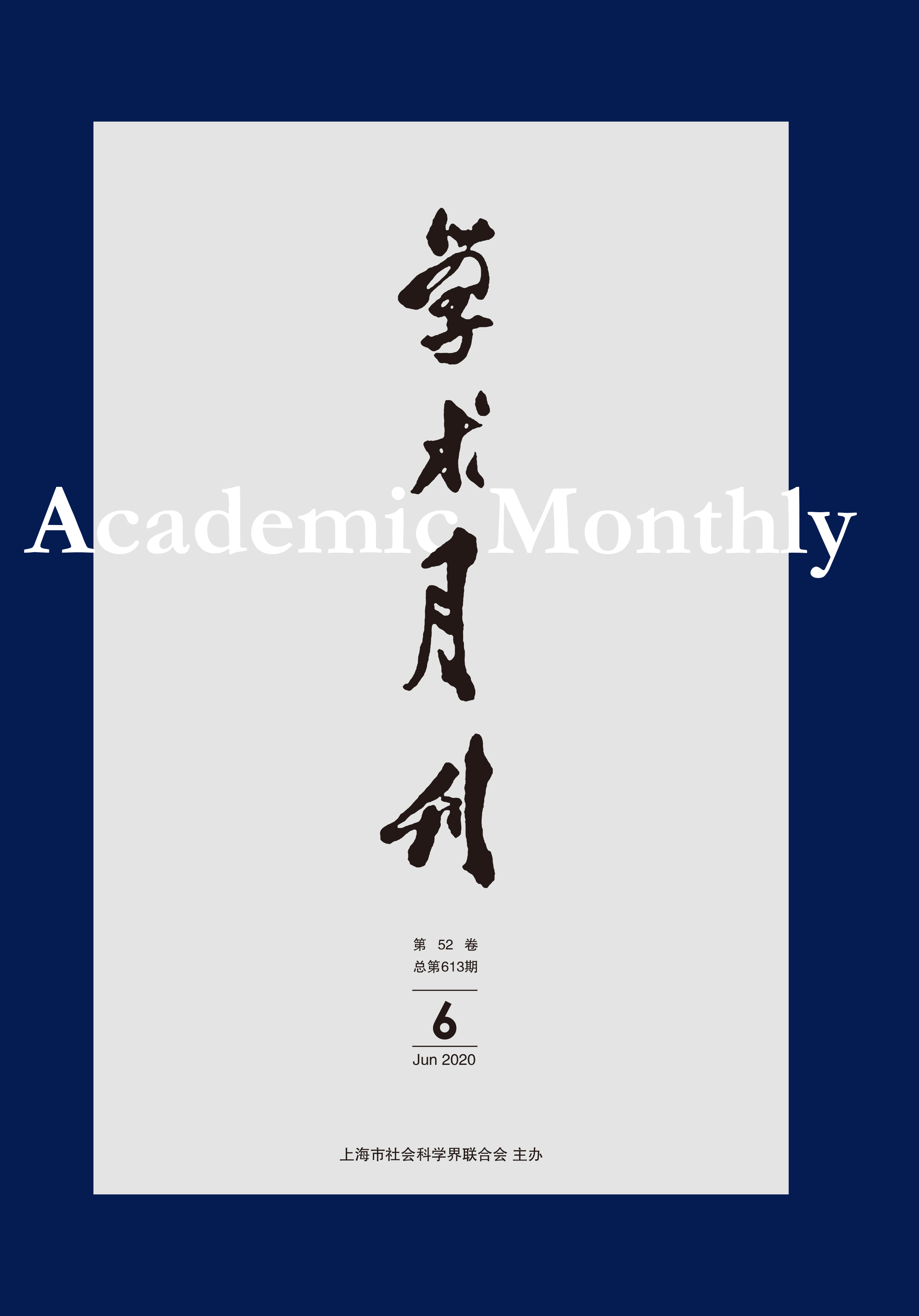Citation:
Wensheng QU and Li WAN. Plenipotentiary, Resident Minister and Imperial Commissioner[J]. Academic Monthly, 2020, 52(6): 162-178.

Plenipotentiary, Resident Minister and Imperial Commissioner
-
Abstract
The issue of full powers and the resident minister issue were the core concerns of the negotiations around the Sino-British Treaty of Teintsin, 1858. The official title appointed to the British diplomat Earl of Elgin, High Commissioner and Plenipotentiary, was translated into Chinese title “钦差全权大臣” (Imperial Commissioner and Minister Plenipotentiary) and the term Resident Minister into “钦差” (Imperial Commissioner), both of which were greatly boycotted by the Qing government. In 1790s and 1810s, the two diplomatic British missions to China barely had any choice but to accept the translations of the titles of Lord Macartney and Lord Amherst into “贡使” (Tribute Bearer). As time went by, Sir Henry Pottinger’s title, in contrast to the previous ones, was translated as “钦奉全权大臣” (Her Majesty’s Plenipotentiary) during the negotiation of Treaty of Nanking, 1842, and Elgin’s title as “钦差全权大臣” in 1858. This finding not only shows that such translations were the Britain’s quests for the equality between the two nations in diplomatic relations since Lord Macartney’s visit to China. More importantly, later translations gave birth to a new unequal relationship between the two great powers and reflected the rise of the Great Britain and the collapse of the Celestial Empire. Diachronically, the British side’s pursuit of seemingly equivalent translations of titles, though, in the beginning, denied secretly by the Emperor Qianlong and furiously resisted by the Emperor Xianfeng, were successfully included at last in the such unequal treaty as the Treaty of Teintsin, 1858, which put the newly initiated Sino-British diplomatic relations into a new unequal standing. The Qing government was eventually placed in an awkward position in a foreign-dominated treaty system so formed.
-

-
References
-
Access
-
-
[1]
Xuan LI
. English Translation of the Concepts Related to the “Chinese Nation” and the Evolution of Its Connotations since Modern Times. Academic Monthly,
2022, 54(2): 205-215.
-
[2]
Nanzhi WEI
. Dynamics of Conflicts of Cultural Identity & Social Inequality in United States. Academic Monthly,
2021, 53(2): 85-96.
-
[3]
WEI Qingong
. Beyond Income Inequality: A Novel Dissecting of the Relationship between Happiness Inequality and Residents’ Health. Academic Monthly,
2024, 56(2): 136-148.
-
[4]
,
. . Academic Monthly,
2016, 48(03): 21-29.
-
[5]
Binbin ZHENG
. The Training of Interpreters in the British Diplomatic and Consular Establishments in China and the Consturction of the British Foreign Office’s Far East Intelligence Network (1842-1884). Academic Monthly,
2022, 54(1): 194-207.
-
[6]
Xuewei ZHAI
. Cross-culture, Translation and Indigenization of Social Sciences. Academic Monthly,
2022, 54(5): 128-140.
-
[7]
. . Academic Monthly,
2016, 48(05): 133-142.
-
[8]
GUO Liandong
. Global Translations for Genre Fictions —— Taking Crime Fictions, Web Fictions, and Science Fictions as Examples. Academic Monthly,
2023, 55(11): 160-168.
-
[9]
Naiqiao YANG
. The Multi-interlingual Translation from “Vernehmen” to “觉知”: On the Deconstruction of the Transcendental Meaning of Metaphysics by Martin Heidegger’s Ontological Hermeneutics. Academic Monthly,
2023, 55(3): 162-176.
-
[10]
Lei LI
. Liu Yuan’s Designated Arrangement of Minister and the Reconstruction of Imperial Power in Han Dynasty at the Time of Herui and Jiaping. Academic Monthly,
2021, 53(9): 177-186.
-
[11]
Wenhong ZHANG
, Fei LIU
, Jun XIANG
. Relative Income and Class Identification of Chinese Couples. Academic Monthly,
2021, 53(9): 139-150.
-
[12]
. . Academic Monthly,
2017, 49(04): 5-14.
-
[13]
. . Academic Monthly,
2020, 52(1): 17-20.
-
[14]
Zhiguo CHEN
. The Multiple Statuses of Friendship and Their Evolution under the Phenomenological Perspective. Academic Monthly,
2020, 52(6): 29-43.
-
[15]
Dong YANG
, Zishuo LI
. Regulating Technology Giants: A Re-Examination of Technical Power as a Factor in the Determination of Market Dominant Position. Academic Monthly,
2021, 53(8): 92-105.
-
[16]
,
. . Academic Monthly,
2016, 48(08): 179-184.
-
[17]
Pingxin LU
. On Interpretation of the Right to Equality: Structural Reason and Hermeneutic Analysis. Academic Monthly,
2022, 54(11): 107-120.
-
[18]
. . Academic Monthly,
2017, 49(07): 165-179.
-
[19]
Donghua ZHOU
. China’s Status as a Major Power and Discourse Power in International Affairs after the Breakout of the Pacific War. Academic Monthly,
2021, 53(7): 202-216.
-
[20]
Wanhuai SUN
. A New Expression of Position Interpreting Criminal Law. Academic Monthly,
2020, 52(9): 95-109.
-
-



 沪公网安备 31010102003103号
沪公网安备 31010102003103号 DownLoad:
DownLoad: